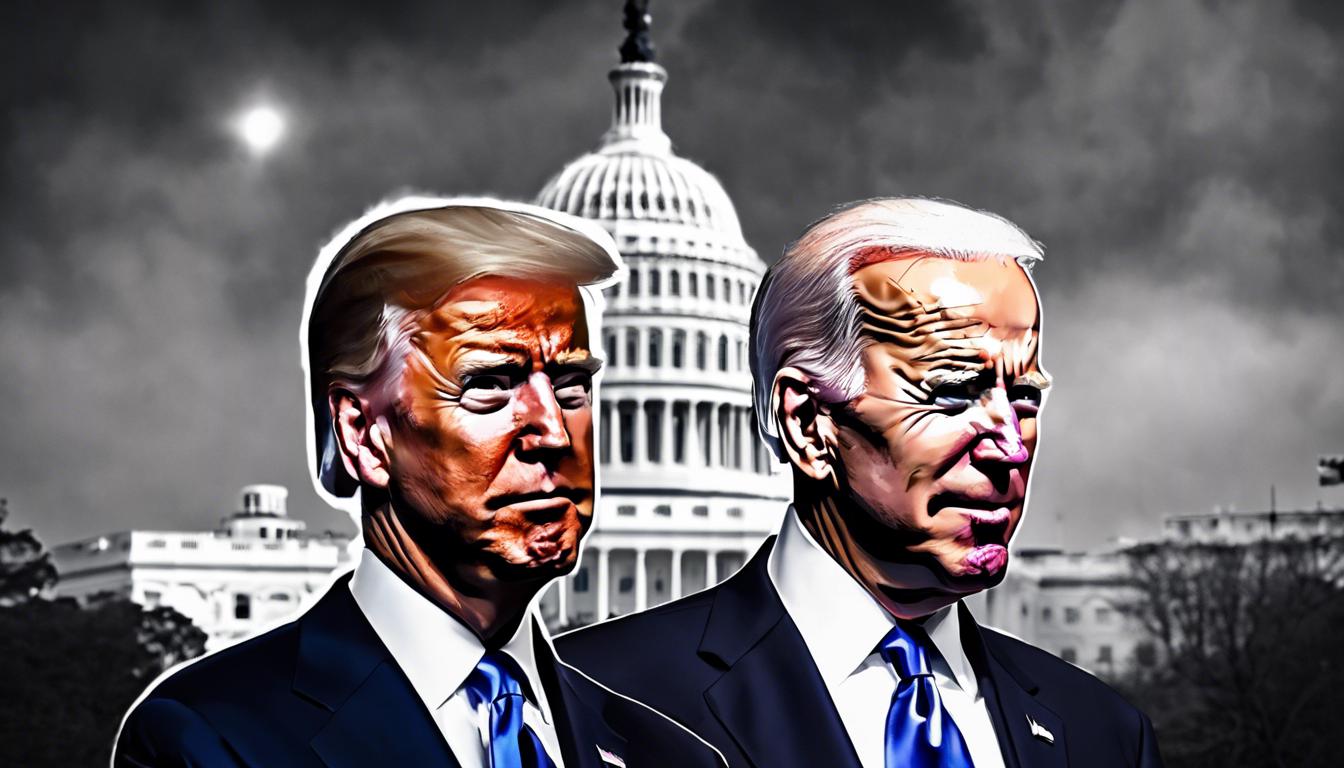Joe Biden and Donald Trump have secured significant victories in the Georgia and Mississippi primaries, as the US political scene is rocked by controversies and strategic shifts ahead of the presidential election.
In recent political developments, Joe Biden has clinched the Democratic nomination for president following victories in the Georgia and Mississippi primaries. Concurrently, Donald Trump secured wins in the same states for the Republican Party, moving closer to the GOP nomination amidst ongoing primaries in Washington and Hawaii. Amidst these election updates, critical attention has been drawn to a range of political events and controversies.
A discrepancy emerged regarding Biden’s recollection of events in an investigation, challenging the portrayal of his memory lapse in Special Counsel Robert Hur’s report. This has led to a shift in focus, with Democrats highlighting concerns regarding Donald Trump. Furthermore, the House Judiciary Committee has embarked on an inquiry into the unresolved case of pipe bombs found outside the DNC and RNC buildings on January 6, a key area of concern within U.S. politics.
Trump’s influence within the Republican National Committee (RNC) has been further cemented through strategic leadership appointments, such as Michael Whatley as the new RNC chair. This consolidation of power has been accompanied by a significant overhaul within the RNC, overseen by Whatley and Co-Chair Lara Trump, resulting in approximately 60 staff cuts. This “absolute bloodbath” aims to realign the committee with Trump’s 2024 presidential campaign, ensuring staff commitment to his agenda.
In a distinct event highlighting the political divide, attendees at a Kansas Republican Party gathering were observed engaging in aggressive behavior towards an effigy of President Biden. This act underscores the heightened tensions within U.S. politics.
Additionally, the White House faced scrutiny over the digital alteration of photos featuring President Biden, echoing a similar controversy involving the UK’s Kate Middleton. These incidents contribute to the multifaceted narrative surrounding the current political landscape in the United States as it gears up for the forthcoming presidential election.
